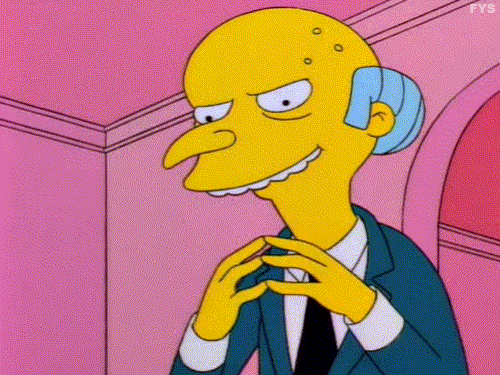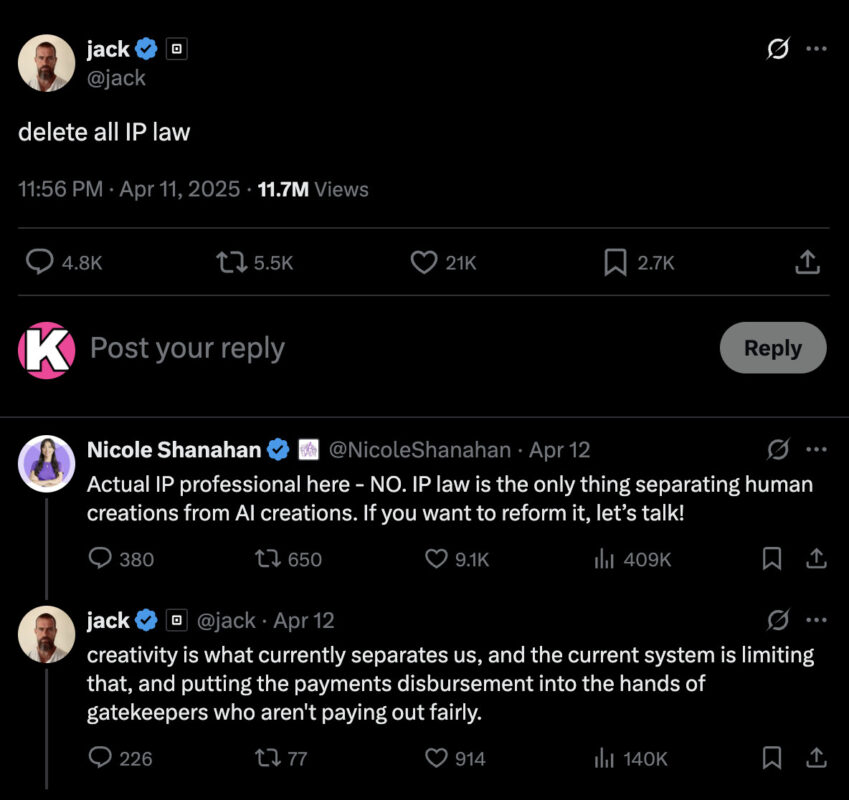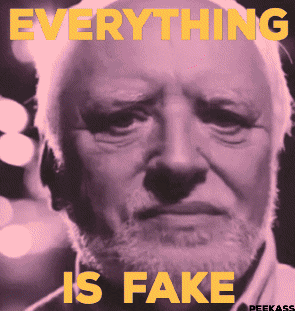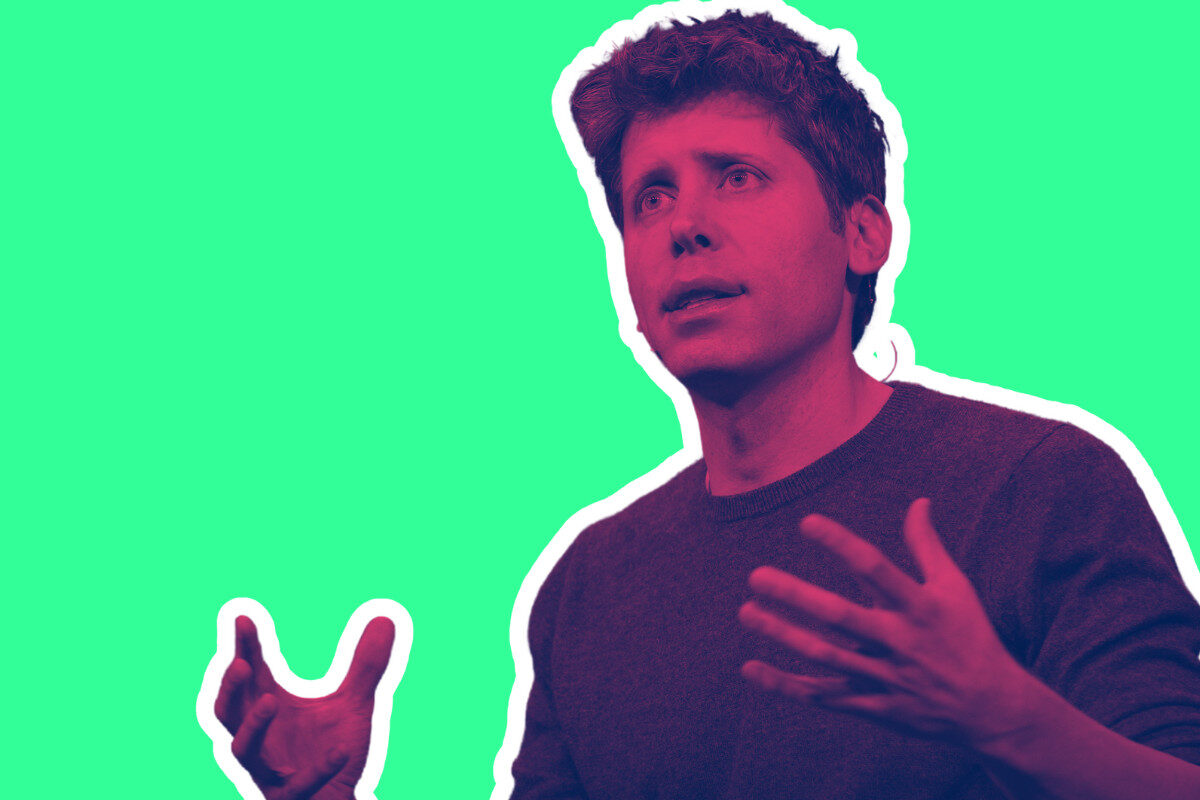Big Tech used to rely on creators to line their pockets. Now, it’s actively working to replace them with AI – and, no, there will be no compensation.
In 2025, the battle over intellectual property has become one of the most defining (and dystopian) tech stories of the decade.
Companies like OpenAI, Meta, and Google position themselves as innovators—but in the process, they’re steamrolling over musicians, artists, writers, and creators of every kind.

And let’s be serious: they’re not innovators for the most part. They are platforms; or, more precisely: middlemen that leverage other peoples’ IP, be it blog posts or images or videos, to generate billions in profits.
And now these billionaire middlemen think they no longer need creators. Why listen to Mastodon when you can get an AI to generate something that sounds the same? Why pay for a painting from an up and coming artist when DALL-E can do it?
Pretty soon the entire open web and social media universe will be 100% AI and these tech bros think you’ll love it.
This isn’t just serious, it’s an existential crisis – and it’ll have implications for pretty much everybody.
Because what’s at stake at stake here is ownership of your work, compensation when someone else profits from it, and the very future of human creativity.
The Open Push to Kill IP Laws
Let’s be clear: this isn’t a conspiracy theory. Top tech leaders are openly calling for the dismantling of IP protections.
Sam Altman has suggested that existing copyright laws may no longer be sufficient in an AI-driven world and that new frameworks will likely be needed.

Jack Dorsey, former Twitter CEO, echoed the same sentiment, tweeting:
“All IP law should be abolished.”
Elon Musk agreed with him.
To them, copyright, trademarks, and the idea of ownership are outdated concepts—barriers to “progress.”
But for creators, these laws are protections. They’re how you get paid, credited, and protected from exploitation.
The Dead Internet Theory Is Becoming Real
You’ve probably heard of the Dead Internet Theory—a once-fringe idea that much of the web is now filled with low-effort, AI-generated junk.

In 2025, it’s not just a theory. It’s real.
- AI-written blog posts dominate Google Search.
- AI-generated music floods Spotify and YouTube.
- AI art is pushed on social feeds with barely any human oversight.
Platforms that were once powered by real people are now flooded with synthetic, soulless content designed to game algorithms and generate ad revenue.
And the worst part? It’s nearly impossible to tell the difference anymore.
Nobody Wants This
For all the hype around AI, actual humans aren’t that into it—especially when it comes to creativity.
A 2024 Pew Research Center survey found that:
- 78% of Americans say they would prefer content created by a human over AI in news, art, music, and entertainment.
- 83% said they don’t trust AI-generated media and worry about misinformation and manipulation.
- Over 70% of artists and musicians surveyed said they fear losing their income due to AI content flooding the market.
Another 2023 YouGov poll found that only 8% of people would knowingly choose to consume AI-generated content over human-created works.
In short: the public doesn’t want this. But Big Tech is pushing it anyway.
The Race To The Bottom
This isn’t innovation—it’s exploitation. What we’re seeing now is a full-blown race to the bottom:
- More AI content means fewer jobs for real writers, artists, musicians, and journalists.
- Fewer IP protections means tech companies can scrape your work, repackage it, and sell it—without paying you a cent.
- More misinformation and low-quality content will further erode public trust in everything from journalism to education.
This shift isn’t about making the world better. It’s about making things cheaper, faster, and easier—for corporations, not creators.
So Where Does It End?
That’s the question everyone should be asking. How much of the internet—and the world we experience—should be artificial?
We’re not anti-AI. Used responsibly, it can help streamline work, unlock new ideas, and assist human creators—not replace them. But what’s happening now is something very different.
FAQ
Why are tech companies against IP laws?
They see IP protections as obstacles to using massive datasets to train AI systems. Eliminating them allows unrestricted data scraping and content replication.
Is AI content always bad?
Not necessarily. AI can be a helpful tool—but when it replaces human creativity wholesale and floods platforms with low-effort content, the overall quality suffers.
Can creators protect their work from AI?
It’s increasingly difficult. Some tools allow for content blocking (like opt-out flags), but most AI companies ignore them. Legal protections are lagging behind.
What can I do as a creator or consumer?
Support human-made work. Advocate for stronger IP protections. Push for transparency from tech companies.





